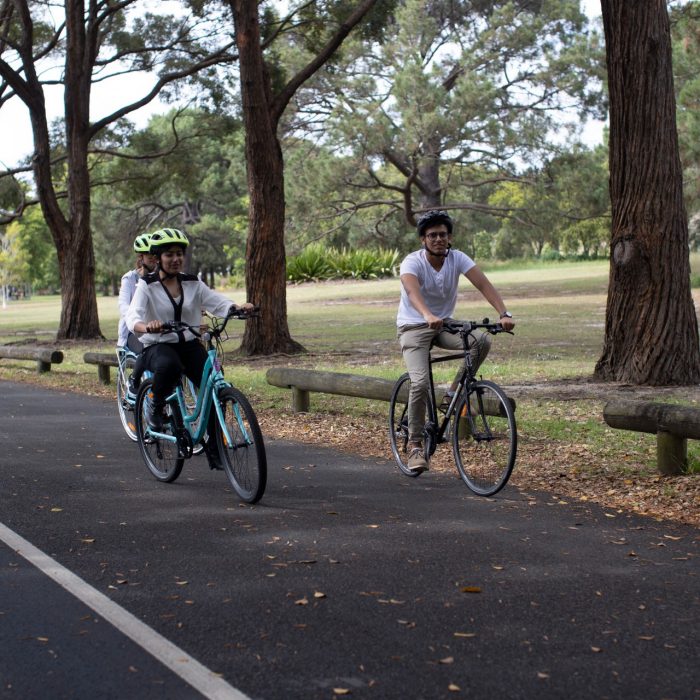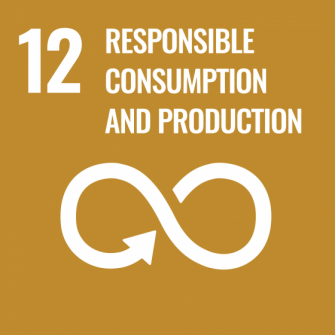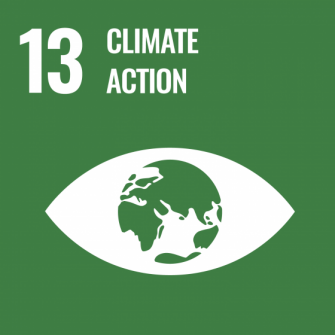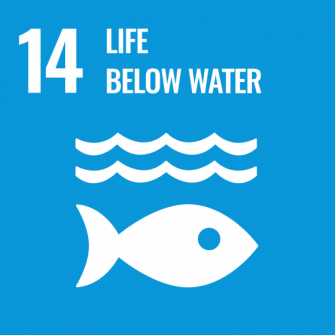SDG 11: Sustainable Cities & Communities


UNSW ranked 12th in the world for SDG 11 in the 2024 THE Impact Rankings.

All UNSW electricity is from renewable sources under a world-first 15-year solar Power Purchase Agreement (PPA).

UNSW paid $884,807 in student accommodation scholarships in 2023.

City Futures Research Centre
Since 2005, the City Futures Research Centre has developed into a national leader in scholarly applied public interest research on our cities. In undertaking this research, they collaborate with a range of academic researchers, both within UNSW and at universities across Australia and overseas. Their applied focus involves strong partnerships with local, state, and federal government agencies, as well as industry stakeholders and community groups, to develop evidence-based ideas for tackling the complex challenges of urban change and growth, while maintaining its commitment to independent public interest research.
Our work
Disability in Crises and Natural Disasters: Preparedness and Resilience
Floods, fires and other climate-related crises are becoming more regular occurrences. Yet, when we talk about disaster preparedness and community resilience, disability is often overlooked or misrepresented.
We gathered experts to spark the discussion on disability and natural disasters. Tackling issues of inclusion, representation, and empowerment, our speakers shared their experiences and insights on this important topic, encouraging further discussion within the wider community.
UNSW Environmental Sustainability Plan 2022-24
Environmental sustainability is a key element of our 2025 Strategy. Through this, we have made it our mission to become the first university in Australia to commit to having 100% of its electricity supplied by photovoltaic solar power. Our students and staff are actively engaged in environmental and social issues. We recognise that we are uniquely positioned to contribute to solving global environmental challenges through teaching, research, thought leadership and demonstrating leading practices on our campuses.

UNSW has targeted a 5-star green rating on all new buildings and refurbishments.
20%
Increase the percentage of staff and students commuting by active travel modes to 20% by 2022.
90%
of general waste diverted from landfill into recycling, composting and waste-to-energy.
Standards
Continue to offer interdisciplinary education in environmental management in line with the Learning and Teaching Academic Standards Statement for Environment and Sustainability.
UNSW Village Green Redevelopment
The vision for the Village Green redevelopment began in 2020 and was finalised in 2022. It has transformed the largest open space on the Kensington campus into a vibrant and connected place that provides inclusive and exceptional sporting, recreational, social and wellness opportunities where students, staff and the community can come together to play, exercise, socialise and relax.
TEDI-London's street life course
As part of its 2023 built environment programs, UNSW offered an elective that studied the street environments of Sydney and Phnom Penh. Students explored the way that streets and footpaths support the daily lives of urban citizens, working with Cambodian design students and community members. Travel grants for the course were provided by the Australian Government New Colombo Plan and UNSW Arts, Design and Architecture.


Net zero cities course
UNSW appointed two world-renowned architects from Singaporean practice Woha, to deliver an interdisciplinary course to UNSW students on the creation of net zero carbon cities.
Taking Control of Gentrification in South Sydney
This Nancy Hillier Memorial Lecture explored how communities can address challenges raised by increasing housing costs and outside investment in previously underserved areas. It brought together experts from the worlds of government, policy, academia, and activism including Ron Hoenig, NSW M.P.

UNSW 2025 Strategy Update
This document celebrates the key achievements of the first phase of the 2025 Strategy, highlighting where we have come from and where we are now. It also updates the framework against which we will assess, track and measure existing and new strategic initiatives over the next five years.
UNSW Environmental Sustainability Report 2023
The second progress report of the Environmental Sustainability Plan 2022–2024 continues to drive UNSW’s pursuit of an environmentally sustainable future for all.









